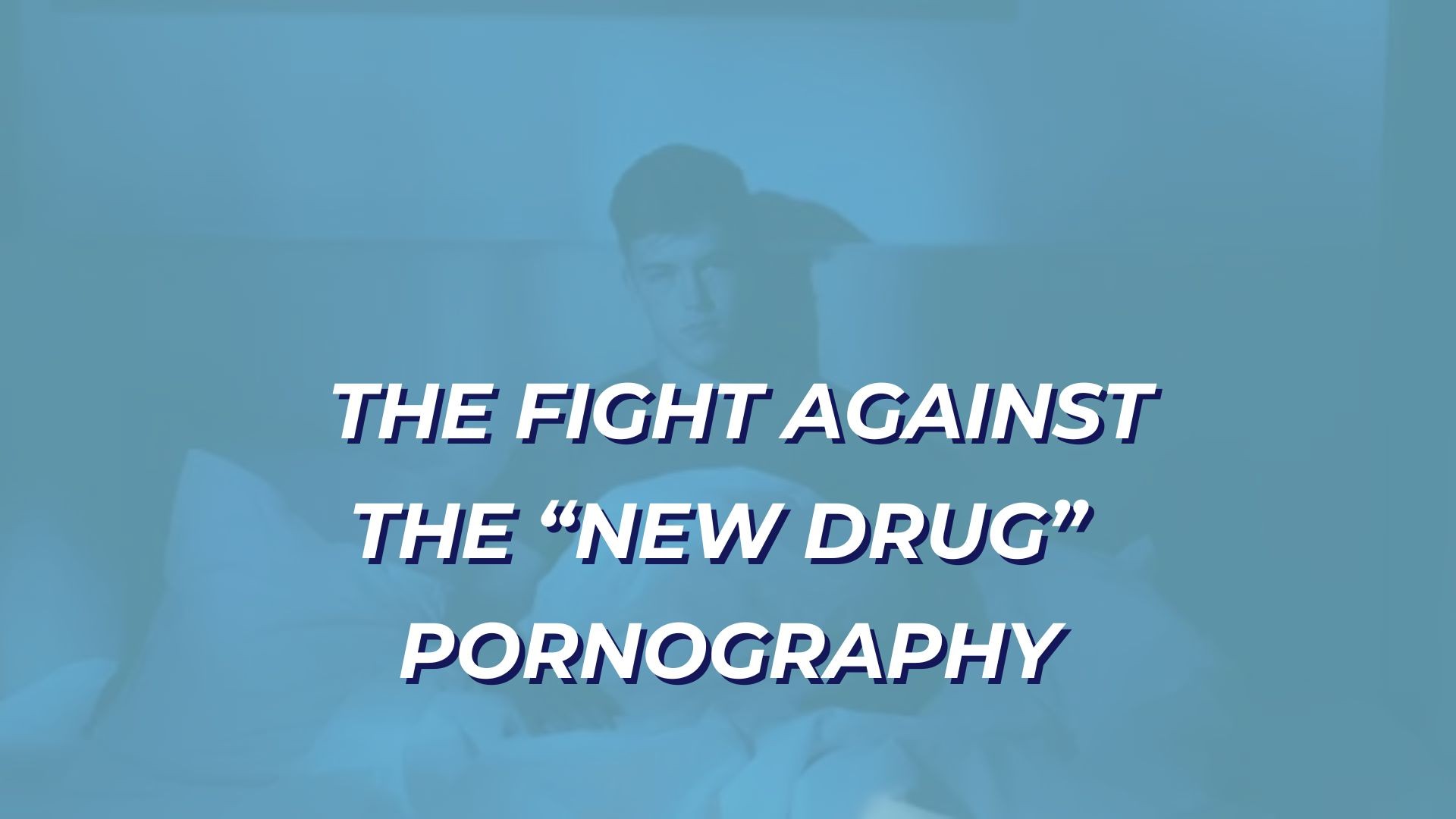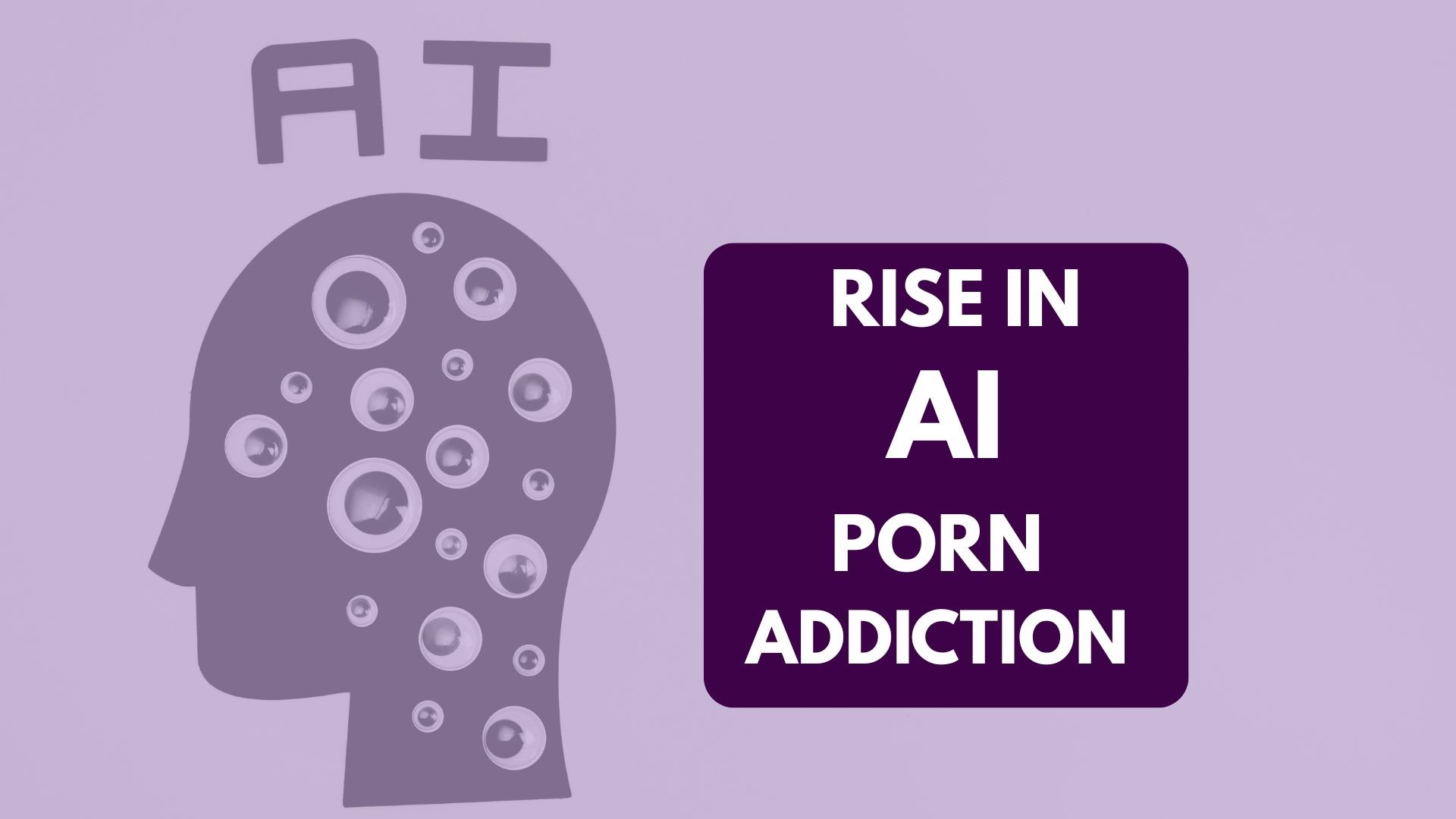
Key Points:
With widespread internet use, concerns about pornography addiction are rising, impacting mental health and relationships.
Psychological challenges to quitting include mood swings, loss of libido, insomnia, fatigue, irritability, anxiety, depression, and intrusive thoughts, posing a risk of relapse.
Benefits of Quitting: Positive outcomes include improved mental health, enhanced self-esteem, better relationships, clearer thinking, increased concentration, potential sexual health improvements, and liberated time for fulfilling activities.
As internet use becomes more widespread, so does the exposure to pornography, leading to increased concerns about its addictive potential and its effects on mental health, personal relationships, and overall well-being. When someone with a porn addiction decides to quit, they may face withdrawal symptoms similar to those in other addictions and substance use disorders.
Quitting porn can be a long and challenging journey as one works to break the habit and recondition the brain’s response to natural pleasure and reward. Awareness of potential withdrawal symptoms is important, as it prepares individuals to face these challenges with effective coping strategies, aiding in their recovery from addiction.Is Porn Addictive?
Is Porn Addictive?
A recent study found that 91.5% of men and 60.2% of women in the U.S. regularly watch porn. This raises questions about its potential for addiction. While doctors and experts have differing opinions, there is growing evidence that suggests pornography can lead to addictive behaviors in some individuals.
Addiction is often associated with substances like alcohol and other drugs, but it essentially involves a pattern of behavior where a person feels compelled to do something repeatedly because it provides a rewarding feeling. They pursue this action despite negative consequences.
When it comes to pornography, these addictive patterns can be similar to other forms of addiction. People might find themselves seeking out porn more often or needing more extreme content to feel the same level of satisfaction. This is similar to how someone addicted to a substance may need larger quantities over time, a process known as tolerance. If they try to cut down or stop, they might experience withdrawal-like symptoms.
Not everyone who views porn will develop an addiction. Individual psychological makeup, social environment, and personal circumstances significantly influence the likelihood of an addictive behavior developing.
What Happens During Porn Addiction Withdrawal?
While the Diagnostic and Statistical Manual of Mental Health Disorders (DSM-5) does not formally recognize porn addiction, it's widely understood as a behavioral addiction. This means it can lead to withdrawal symptoms, similar to those experienced with substance abuse.
Watching porn regularly increases the brain's dopamine levels. Dopamine is a chemical that makes us feel good, and it's part of why we enjoy activities like eating or having fun. When someone watches a lot of porn, their brain starts to rely on the dopamine it gets from that activity.
When a person with a porn addiction stops using pornography, their brain suddenly loses this regular supply of dopamine. This change causes a neurochemical reaction in the brain, leading to withdrawal symptoms. These symptoms happen because the brain is trying to adjust to not having as much dopamine as it previously did when viewing porn.
The withdrawal symptoms from porn addiction are mostly psychological, which means they affect thoughts and feelings more than the body. They are not considered life-threatening, but they can still be very challenging.
If these withdrawal symptoms aren't addressed, they can lead to a relapse as behaviors become more compulsive during withdrawal. This means the person might go back to watching porn to try and feel better or escape these uncomfortable symptoms.
What Are the Most Common Porn Addiction Withdrawal Symptoms?
When someone stops using pornography after a period of regular use, they may experience a range of withdrawal symptoms. These symptoms can vary in intensity and type, but some of the most common include:
Mood Swings: People might feel happy one moment and then suddenly sad or angry. This is due to the brain's chemical imbalances as it adjusts to the absence of the regular dopamine boosts from porn.
Loss of Libido: Ironically, even though porn is associated with sexual arousal, stopping its use can temporarily decrease sexual desire.
Insomnia: Difficulty in falling or staying asleep is common. The brain's altered chemistry and stress from withdrawal can disrupt normal sleep patterns.
Fatigue: Feeling unusually tired or having a lack of energy is a common withdrawal symptom, often due to disrupted sleep and emotional stress.
Irritability: Small annoyances might seem unusually frustrating, as the brain is adjusting to the lack of dopamine stimulation.
Anxiety: General feelings of anxiety, nervousness, or worry are typical during withdrawal, reflecting the brain's struggle to rebalance itself.
Depression: Low moods and a lack of interest in activities can occur, as the brain may temporarily produce less of the chemicals that normally help us feel happy.
Obsessive Thoughts: Unwanted thoughts about pornography or related subjects may persist, as the brain has been conditioned to focus on these stimuli.
How Long Do Porn Withdrawal Symptoms Last?
The duration of porn withdrawal symptoms can vary greatly from person to person. Several factors, including the length and intensity of the addiction, individual psychological makeup, and the presence of a supportive environment, can influence this. Importantly, withdrawal symptoms linked to porn withdrawal may not begin for one or two weeks after the last exposure to porn.
Typically, most people start to see a reduction in acute symptoms within a few weeks. However, some symptoms, like mood swings or cravings, can persist for several months. It's also common to see a fluctuation in the intensity of these symptoms over time.
Individuals going through withdrawal need to have a strong support system and, if possible, professional guidance. This support can make the process more manageable and help prevent relapse.
How to Treat Porn Addiction Withdrawal Symptoms
Overcoming porn addiction and handling withdrawal symptoms requires a multi-faceted approach. Here are some effective strategies:
Counseling/Therapy: Professional help is fundamental. A therapist can offer guidance, coping strategies, and emotional support. They can help you understand the root causes of your addiction and develop a personalized plan for recovery. Cognitive Behavioral Therapy (CBT) is particularly effective in treating behavioral addictions, including porn addiction.
Seek support: Social support is crucial. Isolation can exacerbate withdrawal symptoms like depression and anxiety. Stay connected with friends and family, or consider joining a support group where you can share experiences and strategies with others going through similar challenges.
Educate Yourself: Understanding the "why" behind your addiction and its withdrawal symptoms can help you recognize triggers and patterns, making them easier to manage.
Develop Healthy Habits: Regular exercise, a balanced diet, and adequate sleep can significantly improve your physical and mental health, aiding in the recovery process. Exercise, in particular, can boost your mood and reduce stress and anxiety.
Practice Mindfulness and Relaxation Techniques: Activities like meditation, yoga, or deep breathing exercises can help manage stress and improve emotional well-being. They can also enhance self-awareness and control over compulsive behaviors.
Set Boundaries with Technology: Since porn addiction is closely linked with digital devices, setting clear boundaries is essential. Limit your internet usage, use website blockers, or keep digital devices in a shared space in your home.
Find New Hobbies: Engaging in new activities can provide a healthy distraction, reduce boredom, and replace the time you might have spent viewing porn. Hobbies can also offer a sense of accomplishment and joy.
Seek Professional Monitoring: In some cases, regular check-ins with a health professional can provide accountability and additional support.
What Are The Benefits of Quitting Porn?
Quitting porn can have many benefits that positively impact various aspects of one's life. Initially, individuals may find a significant improvement in their mental health. Freed from the habitual consumption of pornography, many experience a reduction in feelings of guilt or shame that are often associated with excessive porn use. This mental liberation can lead to enhanced self-esteem and a more positive self-image.
Furthermore, abstaining from porn can also positively impact relationships. It fosters deeper connections with partners, as individuals often become more emotionally available and present. This shift away from virtual fantasies to real-life interactions can enhance intimacy and improve communication in romantic relationships.
On a cognitive level, quitting porn can result in clearer thinking and increased concentration. Without the distraction and mental clutter brought about by regular porn consumption, individuals often report better focus and productivity in both their personal and professional lives.
In terms of physical health, there's potential for improved sexual function. Moving away from the unrealistic expectations set by pornography can lead to healthier sexual experiences and desires. This change can significantly benefit both an individual's sexual health and their understanding and enjoyment of real-world sexual relationships.
Lastly, quitting porn can free up a considerable amount of time, which can then be redirected towards more productive or enjoyable activities. This newfound time can be invested in hobbies, learning new skills, or simply engaging in more fulfilling and rewarding life experiences.
Get Help for Your Porn Addiction
If you find yourself grappling with a porn addiction and have faced challenges in trying to quit, it might be time to consider seeking help. Whether it's therapy, support groups, or specialized treatment programs, there are many options available to help you to overcome addiction.
References:
Pornography Consumption, Modality and Function in a Large Internet Sample - PubMed
Neuroscience of Internet Pornography Addiction - Behavioral Sciences


